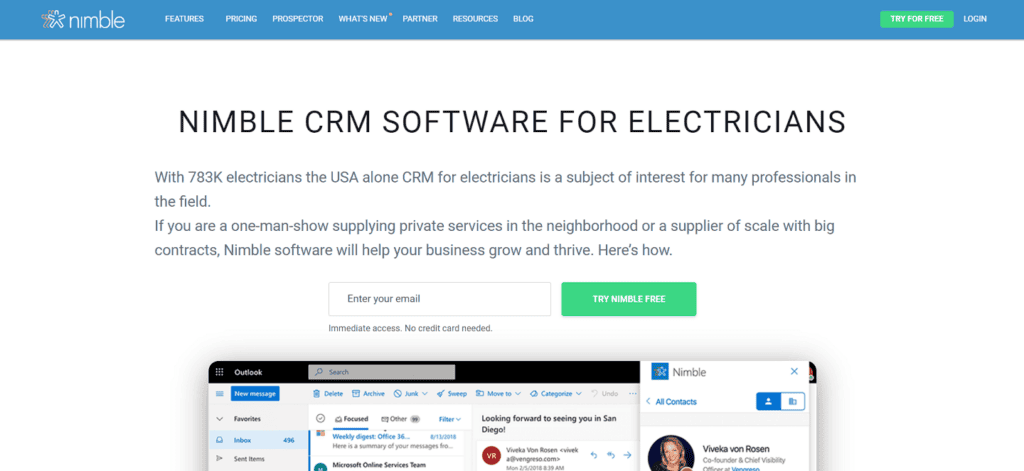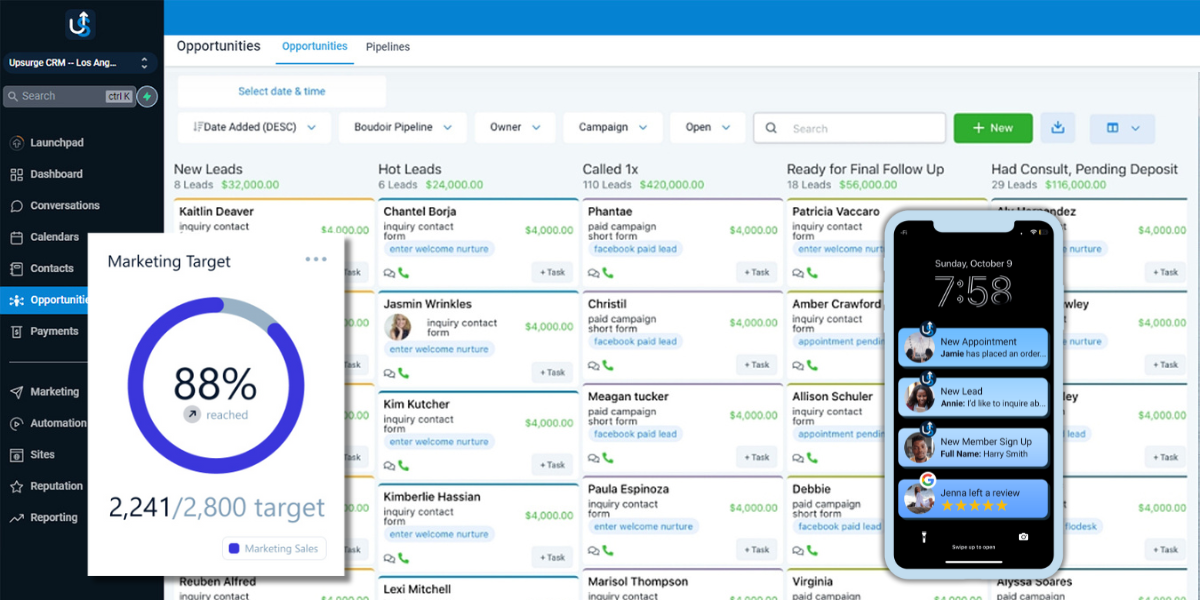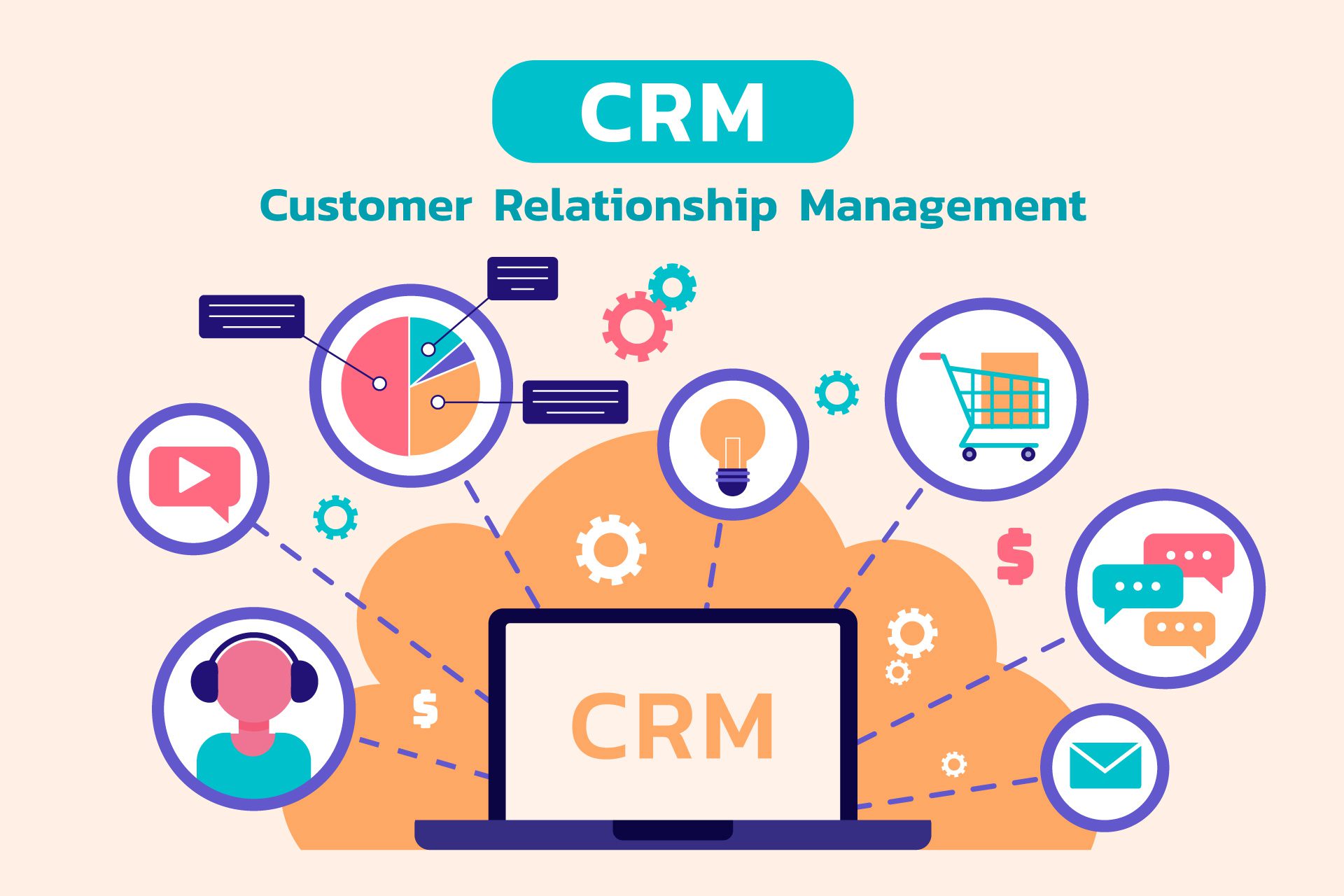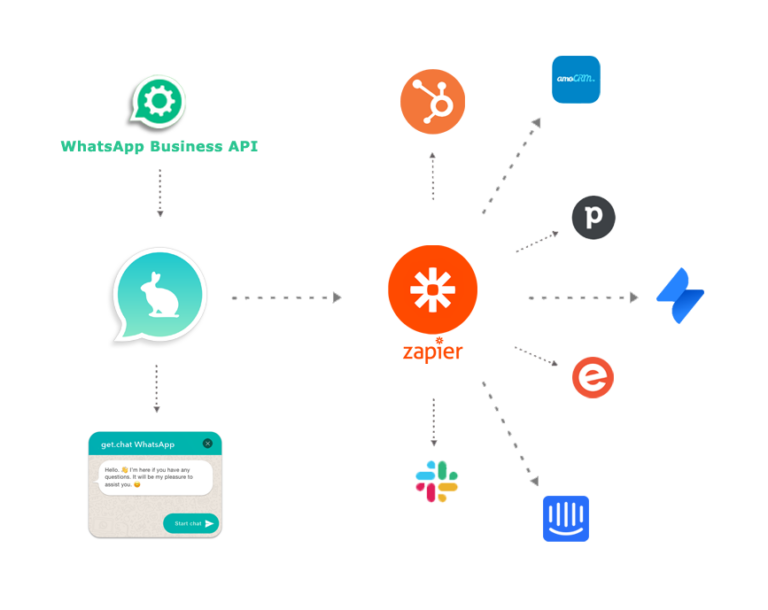Unlocking Growth: CRM Marketing Insights to Skyrocket Your Business
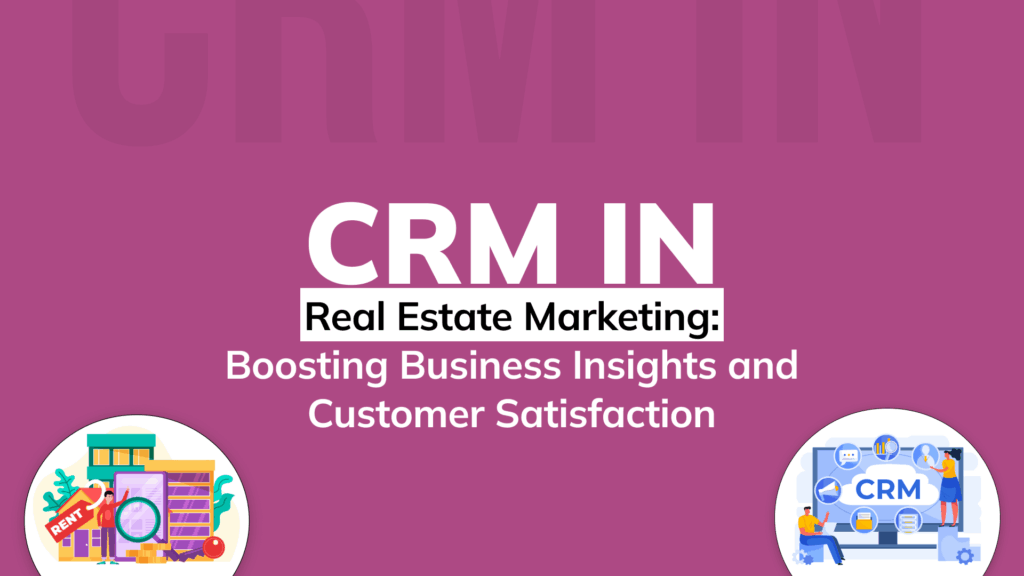
Introduction: The Power of CRM in Modern Marketing
In today’s hyper-competitive business landscape, simply having a great product or service isn’t enough. You need to understand your customers, anticipate their needs, and build lasting relationships. That’s where Customer Relationship Management (CRM) marketing insights come into play. CRM isn’t just about storing customer data; it’s about leveraging that data to create personalized, targeted, and effective marketing campaigns. This article will delve deep into the world of CRM marketing, providing actionable insights to help you transform your business and achieve sustainable growth.
What is CRM Marketing? A Comprehensive Overview
At its core, CRM marketing is a strategic approach to managing and analyzing customer interactions and data throughout the customer lifecycle. It’s about using technology and data to understand customer behavior, personalize experiences, and ultimately, drive revenue. CRM systems act as a central hub, consolidating information from various touchpoints – website visits, email interactions, social media engagement, purchase history, and more. This holistic view allows marketers to create a 360-degree profile of each customer.
Think of it like this: Imagine you’re a chef. Without knowing your ingredients and how they interact, you can’t create a delicious meal. CRM provides the ingredients (customer data) and the recipe (marketing strategy) to cook up successful campaigns. It’s about knowing who your customers are, what they want, and how to deliver it to them in the most effective way.
Key Benefits of CRM Marketing
Implementing a robust CRM marketing strategy offers a multitude of benefits, including:
- Improved Customer Segmentation: CRM allows you to segment your audience based on various criteria – demographics, purchase history, engagement levels, and more. This granular segmentation enables highly targeted campaigns.
- Personalized Customer Experiences: By understanding individual customer preferences and behaviors, you can tailor your messaging, offers, and interactions to resonate with each customer.
- Increased Customer Loyalty: Personalized experiences and proactive communication build stronger relationships, leading to increased customer loyalty and retention.
- Enhanced Lead Generation: CRM systems can track lead behavior and identify qualified leads, allowing you to prioritize your sales efforts.
- Higher Conversion Rates: Targeted campaigns and personalized offers are more likely to convert leads into customers.
- Improved Marketing ROI: By optimizing your campaigns and targeting the right audience, you can maximize your return on investment (ROI) on marketing spend.
- Streamlined Sales and Marketing Alignment: CRM fosters collaboration between sales and marketing teams, ensuring consistent messaging and a seamless customer experience.
- Data-Driven Decision Making: CRM provides valuable data and analytics to inform your marketing strategies and optimize your campaigns.
Essential CRM Marketing Insights and Strategies
Now, let’s dive into some actionable CRM marketing insights and strategies that you can implement to boost your business.
1. Data Collection and Management: The Foundation of Success
The quality of your CRM data is paramount. Garbage in, garbage out. It’s crucial to collect accurate, complete, and up-to-date customer data. This involves:
- Choosing the Right CRM System: Select a CRM system that meets your specific business needs and integrates with your existing tools. Consider factors like scalability, features, and ease of use.
- Data Integration: Integrate your CRM with other systems, such as your website, e-commerce platform, email marketing platform, and social media channels, to capture data from all touchpoints.
- Data Cleansing and Standardization: Regularly cleanse and standardize your data to remove duplicates, correct errors, and ensure consistency.
- Data Privacy and Security: Implement robust data privacy and security measures to comply with regulations like GDPR and CCPA and protect customer data.
2. Customer Segmentation: Targeting the Right Audience
Customer segmentation is the process of dividing your customer base into groups based on shared characteristics. This allows you to create more targeted and effective marketing campaigns. Consider these segmentation strategies:
- Demographic Segmentation: Segment based on age, gender, location, income, education, and other demographic factors.
- Psychographic Segmentation: Segment based on lifestyle, values, interests, and personality traits.
- Behavioral Segmentation: Segment based on purchase history, website activity, email engagement, and other behaviors.
- RFM Analysis: Use Recency, Frequency, and Monetary value (RFM) analysis to segment customers based on their recent purchases, purchase frequency, and spending amount. This can help you identify your most valuable customers.
Once you’ve segmented your audience, you can tailor your messaging and offers to each segment’s specific needs and preferences.
3. Personalized Marketing: Creating Memorable Experiences
Personalization is key to capturing customer attention and building relationships. Use your CRM data to personalize your marketing efforts in the following ways:
- Personalized Email Marketing: Use customer data to personalize email subject lines, content, and offers. Address customers by name, recommend products based on their past purchases, and send targeted promotions.
- Personalized Website Experiences: Customize your website content and offers based on a customer’s past behavior and preferences.
- Personalized Advertising: Target your online advertising campaigns based on customer segments and individual customer data.
- Personalized Customer Service: Provide personalized customer service experiences by knowing a customer’s history and preferences.
4. Automation: Streamlining Your Marketing Efforts
Marketing automation allows you to automate repetitive tasks and streamline your marketing processes. CRM systems often include automation features that can help you:
- Automate Email Marketing: Set up automated email sequences for onboarding new customers, nurturing leads, and re-engaging inactive customers.
- Automate Social Media Posting: Schedule and automate your social media posts to maintain a consistent presence.
- Automate Lead Scoring: Automatically score leads based on their engagement and behavior to prioritize your sales efforts.
- Automate Workflow Processes: Automate tasks such as data entry, task assignments, and follow-up reminders.
5. Customer Journey Mapping: Understanding the Customer Experience
Customer journey mapping is the process of visualizing the steps a customer takes as they interact with your brand. This helps you identify pain points and opportunities to improve the customer experience. Use your CRM data to:
- Map the Customer Journey: Identify the different stages of the customer journey, from awareness to purchase to loyalty.
- Analyze Customer Behavior: Analyze customer behavior at each stage of the journey to identify areas for improvement.
- Optimize the Customer Experience: Make changes to your marketing and sales processes to create a smoother and more enjoyable customer experience.
6. Measuring and Analyzing Results: Data-Driven Optimization
It’s crucial to measure and analyze the results of your CRM marketing efforts to identify what’s working and what’s not. Use your CRM system to track key metrics such as:
- Website Traffic: Track website traffic, bounce rate, and time on site.
- Lead Generation: Track the number of leads generated, lead conversion rates, and cost per lead.
- Sales Conversion Rates: Track sales conversion rates, average order value, and customer lifetime value.
- Customer Retention: Track customer retention rates and churn rates.
- Customer Satisfaction: Track customer satisfaction scores and feedback.
Use these metrics to optimize your campaigns and make data-driven decisions.
Choosing the Right CRM System: Key Considerations
Selecting the right CRM system is a critical decision. Consider these factors when making your choice:
- Business Needs: Identify your specific business needs and requirements. Consider the size of your company, your industry, and your marketing goals.
- Features and Functionality: Choose a CRM system that offers the features and functionality you need, such as contact management, lead management, sales automation, marketing automation, and reporting.
- Scalability: Select a CRM system that can scale as your business grows.
- Ease of Use: Choose a CRM system that is easy to use and implement.
- Integration: Ensure that the CRM system integrates with your existing tools and systems.
- Pricing: Consider the pricing options and choose a CRM system that fits your budget.
- Customer Support: Look for a CRM system that offers excellent customer support.
Examples of CRM Marketing in Action
Let’s explore some real-world examples of how businesses are using CRM marketing to achieve success.
- E-commerce: An online retailer uses its CRM to track customer purchase history and preferences. They send personalized email recommendations based on past purchases, offer exclusive discounts to loyal customers, and automate abandoned cart emails to recover lost sales.
- Software as a Service (SaaS): A SaaS company uses its CRM to track user behavior within their software. They identify users who are not actively using the product and send them targeted onboarding emails and tutorials to encourage engagement.
- Healthcare: A healthcare provider uses its CRM to schedule appointments, send appointment reminders, and track patient history. They also use it to personalize communication based on a patient’s medical needs and preferences.
- Financial Services: A financial institution uses its CRM to manage customer relationships, track financial transactions, and provide personalized financial advice. They use it to identify cross-selling opportunities and provide exceptional customer service.
Common Mistakes to Avoid in CRM Marketing
Even with the best intentions, businesses can make mistakes when implementing CRM marketing. Here are some common pitfalls to avoid:
- Not Having a Clear Strategy: Without a clear strategy, your CRM efforts will be unfocused and ineffective.
- Poor Data Quality: Inaccurate or incomplete data will undermine your efforts.
- Lack of Integration: Failure to integrate your CRM with other systems will limit your ability to gather and analyze data.
- Ignoring Customer Feedback: Failing to listen to customer feedback will prevent you from improving your customer experience.
- Over-reliance on Automation: Automation is powerful, but it shouldn’t replace human interaction.
- Not Training Your Team: Without proper training, your team won’t be able to use the CRM system effectively.
- Not Measuring Results: Without tracking and analyzing your results, you won’t know what’s working and what’s not.
The Future of CRM Marketing
CRM marketing is constantly evolving. Here are some trends to watch out for:
- Artificial Intelligence (AI): AI is being used to automate tasks, personalize experiences, and gain deeper insights into customer behavior.
- Machine Learning (ML): ML is being used to predict customer behavior, identify opportunities, and optimize marketing campaigns.
- Voice Assistants: Voice assistants are being integrated with CRM systems to provide a more seamless customer experience.
- Mobile CRM: Mobile CRM solutions are becoming increasingly important as more customers interact with businesses on their mobile devices.
- Focus on Customer Experience (CX): There is a growing focus on providing exceptional customer experiences across all touchpoints.
Conclusion: Embrace the Power of CRM for Unparalleled Growth
CRM marketing offers a powerful way to understand your customers, personalize their experiences, and drive sustainable growth. By collecting and managing data effectively, segmenting your audience, personalizing your marketing efforts, automating your processes, and measuring your results, you can transform your business and build lasting customer relationships. Don’t just store customer data; leverage it to create a winning marketing strategy. Implement the insights and strategies discussed in this article, and you’ll be well on your way to unlocking the full potential of CRM marketing and achieving unparalleled success.

